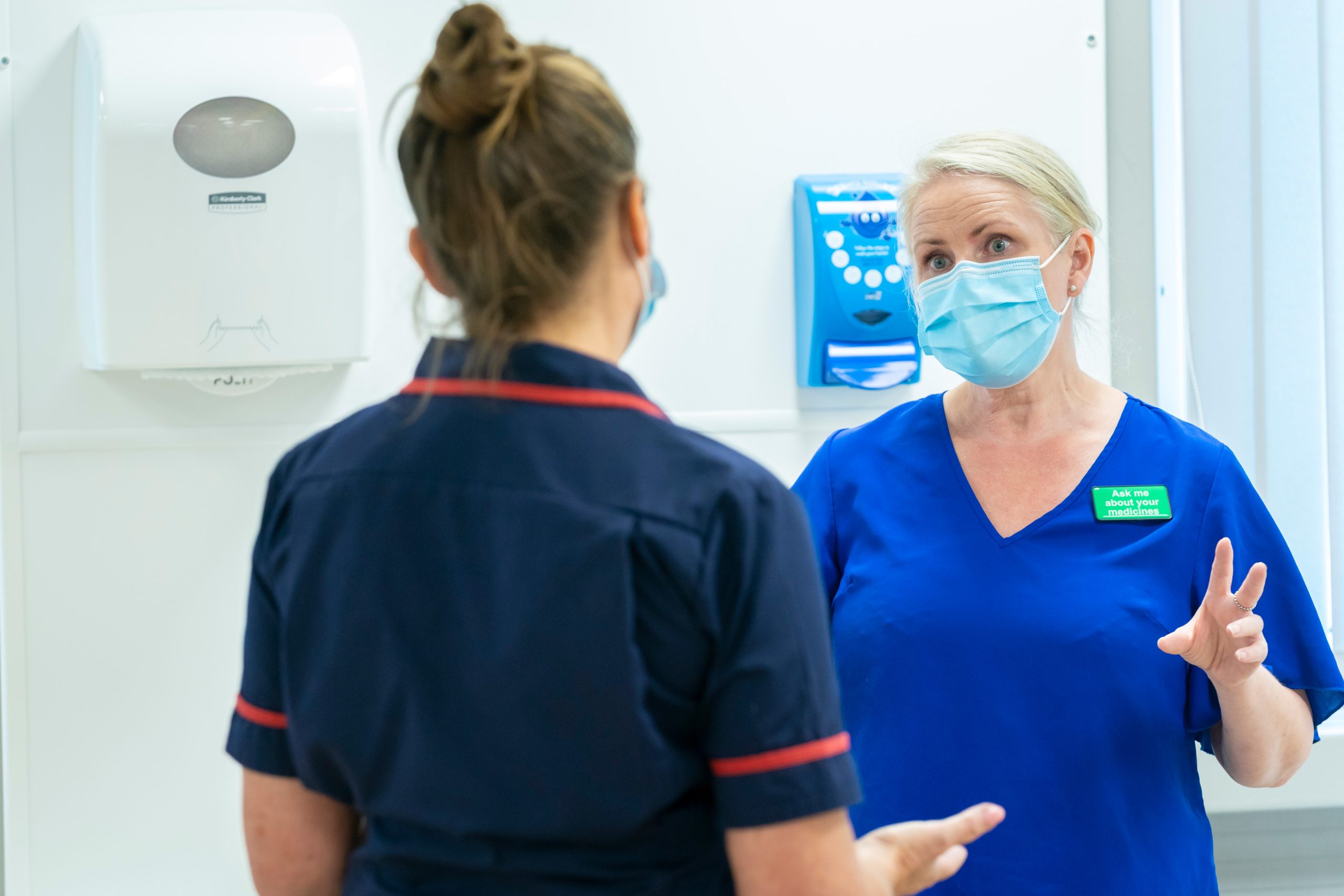
Managing your money at university
This webpage contains advice about managing your money whilst you are studying…

A brief guide for MPharm students who are preparing for OSCEs.
Objective Structured Clinical Examinations, commonly known as OSCEs are for some students, an exciting chance to show off their clinical skills, however they are also something that many students dread. They are widely used for healthcare students and the key to mastering OSCEs is advance preparation. OSCEs will test you on a range of scenarios with patients which will be observed and marked. The first thing to remember is that you will be judged not only on your knowledge, but also on your consultation skills, so there are some quick wins that could add to your overall score before you ask your patient a question. Top tips include:
This will be your chance to check your patient’s medical history, discuss any symptoms if relevant, and decide on what the patient needs following the consultation. Remember that your patient is not a healthcare professional so use plain English wherever possible. If you are allowed to use reference works, such as the BNF do not be afraid to look things up. Whilst your OSCEs are timed it is important to ensure that any information you give the patient is correct.
Mnemonics can be an important tool for information gathering during consultations. Mnemonics are memory devices that help learners recall larger pieces of information, normally for subjects such as Science and English. This can take the form of a word or phrase, and most pharmacy students will have already learned many mnemonics. Basic mnemonics for patient consultations include:
WWHAM
SITDOWNSIR
ENCORE
Whenever you engage with a patient, your listening skills will prove vital. Actively listening to patients conveys respect for their self-knowledge and builds trust. It will also make your patient feel heard and valued. This is not a skill that comes naturally to everybody, but there are things you can do to improve your listening skills. Key points to remember include:
You might want to try practising scenarios with other students. It is also a good idea to film these as you can look at them and reflect on what went well and what areas might need improvement. It is worth remembering that not all patients will be straightforward, so do try roleplaying that includes difficult patients and ethical dilemmas.
If the idea of being assessed in a clinical examination setting makes you feel nervous, it’s worth remembering that some nerves can actually be helpful on the day and can help you to perform even better. Learning skills like breathing techniques can be really helpful when preparing for an exam and you can find examples of how to use the breath to reduce stress in both the Student and Trainee streams on our Wellbeing Learning Platform. We also have workshops that may be helpful, including Get Mentally Prepared for the assessment and how to manage anxious thoughts.
Check out our Wellbeing Learning Platform
We can also offer two services to support you if you are feeling overwhelmed. Our Listening Friends Peer Support service gives you the opportunity to speak anonymously and confidentially with a trained volunteer pharmacist who understands your concerns and can provide support. If you feel you need it, we can also offer counselling sessions to pharmacy students.
Find out more about peer support and counselling

This webpage contains advice about managing your money whilst you are studying…

This webpage contains advice about preparing for exams during your MPharm.

This webpage contains information to help you to manage your health and wellbeing at university.